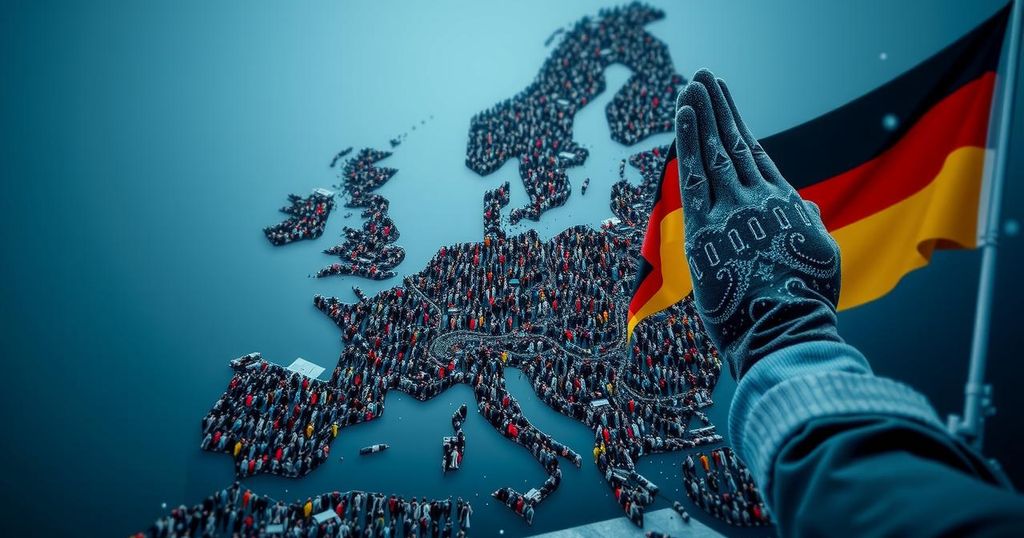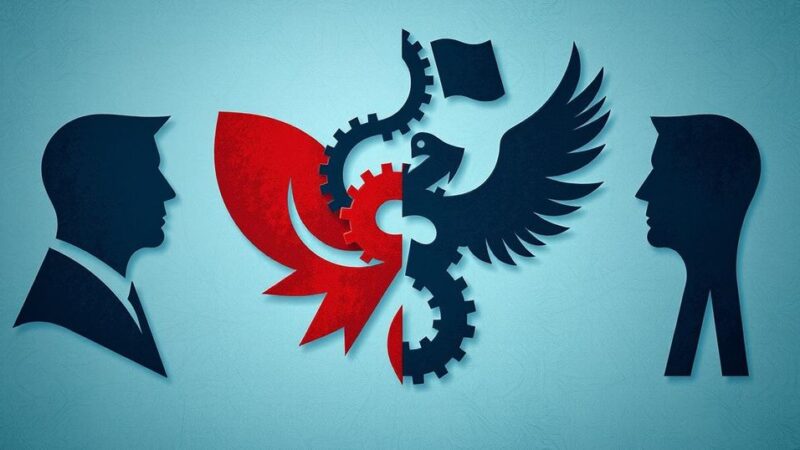Germany is set to hold snap elections on February 23 following the collapse of Chancellor Olaf Scholz’s coalition. The election date reflects a compromise between the conservative opposition and Scholz’s preference for a later vote. This political upheaval arises amid global economic challenges, leading to significant uncertainty in Germany’s governance and electoral outcome.
Germany is poised to conduct snap elections on February 23 following the breakdown of Chancellor Olaf Scholz’s three-party coalition. The date emerged as a compromise between the conservative opposition, which advocated for a January election, and Scholz, who preferred a mid-March timeline to allow for adequate preparations. President Frank-Walter Steinmeier has endorsed this timeline, emphasizing its practicality. The timeline hinges on an impending confidence vote scheduled for December 16, which Scholz is anticipated to lose. Following that outcome, Steinmeier will have a 21-day window to dissolve the Bundestag, with elections required to take place within 60 days. In light of current economic challenges, such as inflation and geopolitical tensions, the agreement represents a strategic effort between Scholz’s Social Democratic Party (SPD) and the opposition to restore political stability in Germany. Historically, the coalition led by Scholz—comprising the SPD, the Greens, and the Free Democratic Party (FDP)—has faced mounting pressure due to disagreements over economic policy. The coalition’s recent disintegration was triggered by Scholz’s dismissal of Finance Minister Christian Lindner, prompting the FDP to withdraw. This political turmoil coincided with intensified concerns regarding a potential shift in the global political environment following the election of Donald Trump in the United States. In the context of the upcoming elections, the rise of the far-right Alternative for Germany (AfD) party, which currently polls near 20%, poses a significant challenge for mainstream political parties. The CDU/CSU alliance has gained a lead in the polls at 32%, indicating a potential competitive landscape. However, any coalition likely requires a partnership with the SPD, currently polling at 15.5%. Thus, the upcoming snap elections will occur in an atmosphere of uncertainty and complexity, compelling parties to engage in campaigning during the harsh winter months, diminishing voter enthusiasm for outdoor events. The prospects for coalition-building post-election remain unclear, leaving Germany at a critical juncture in its political trajectory.
Germany’s political landscape has been shaken by the collapse of Chancellor Olaf Scholz’s coalition government, comprising the Social Democratic Party (SPD), the Greens, and the Free Democratic Party (FDP). This unprecedented tripartite alliance faced escalating tensions over economic policies, culminating in the FDP’s withdrawal when Scholz dismissed their finance minister. As Europe confronts growing economic headwinds, including inflation and geopolitical volatility, the need for stable leadership has never been more acute. President Steinmeier’s endorsement of a swift election timeline underscores the urgency for effective governance as Germany navigates these challenges.
In conclusion, Germany’s call for snap elections on February 23 signifies a response to the collapse of Chancellor Scholz’s coalition amidst increasing economic challenges and a shifting political landscape. The endorsed timeline reflects a balance between competing political interests, setting the stage for a crucial election period that will test the viability of Germany’s political parties as they seek a path toward stability in uncertain times.
Original Source: www.aljazeera.com






